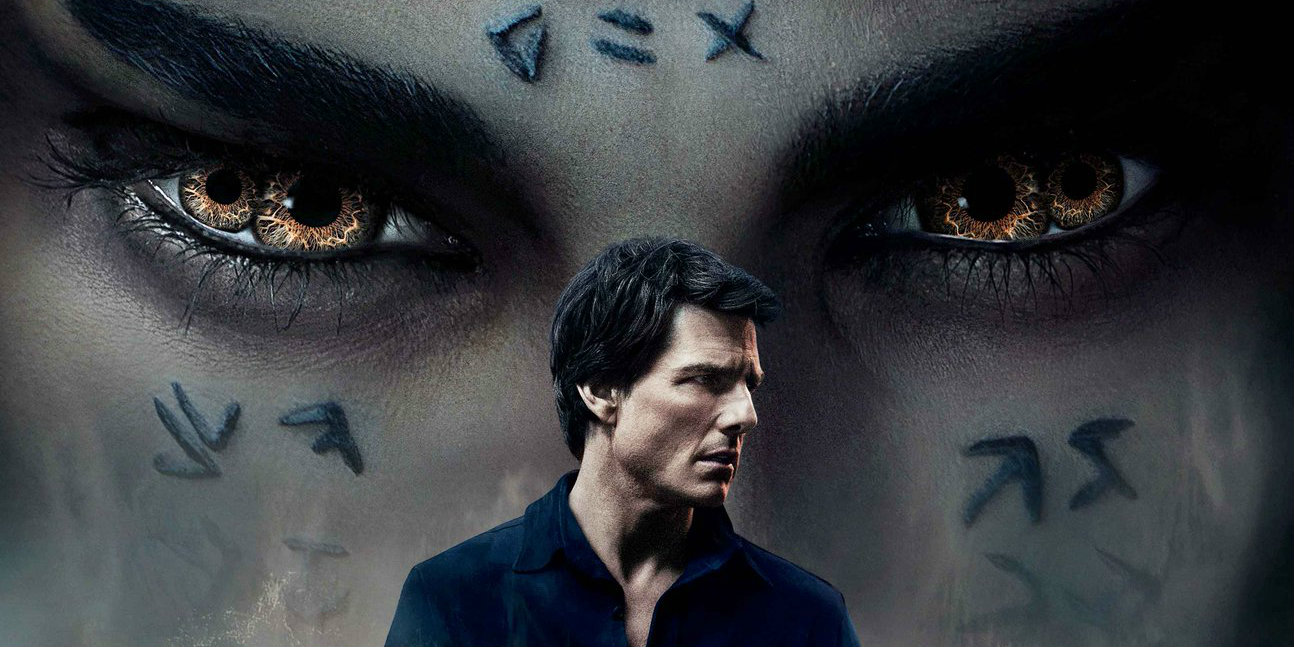
Universal’s The Mummy, starring Tom Cruise and expected to be the first film in their interconnected Dark Universe franchise, has got off to a rocky start. In the US it opened with $32.2 million, second place behind Wonder Woman‘s second week which pulled in $57.2 million.
However, Universal clearly had an eye on foreign markets, having made premiere trips to Australia, Taiwan, Spain, France and Mexico, and it paid off since the film was able to reel in $174 million worldwide, Cruise’s biggest ever foreign opening.
While Universal is likely happy with that foreign taking, the domestic earnings are sure to worry them.
Whether the poor numbers come from reviews – both audiences and critics have been none too kind to the film -, summer blockbuster fatigue (this is exactly the reason studios are trying to release their tentpole films earlier in the year), or perhaps it’s connection with an antiquated early-2000s franchise, this is something they’ll monitor.
Either way, Universal may have a bit of a problem. They’re already set to push on ahead with Bill Condon‘s Bride Of Frankenstein, the next film in the franchise to be released, but it begs the question whether such intricate planning of a huge, sprawling universe is the way to go.
Marvel’s MCU worked because it was organic, and only came about after multiple successes led the studio to realise they could basically team up the characters on screen just like in the comic books. When studios attempt to emulate that formula which a brand new franchise and no guarantee of a single film’s success, it becomes a huge risk.
Universal will likely say all the right things, mention the global box office total, and forge ahead with the next film. Maybe they’ll be right and the Dark Universe franchise will eventually capture the imagination of cinemagoers. If the next film or two have a similarly poor domestic taking though, they might have to look in the mirror and answer some tough questions.
#Peace.Love.TheMummy








